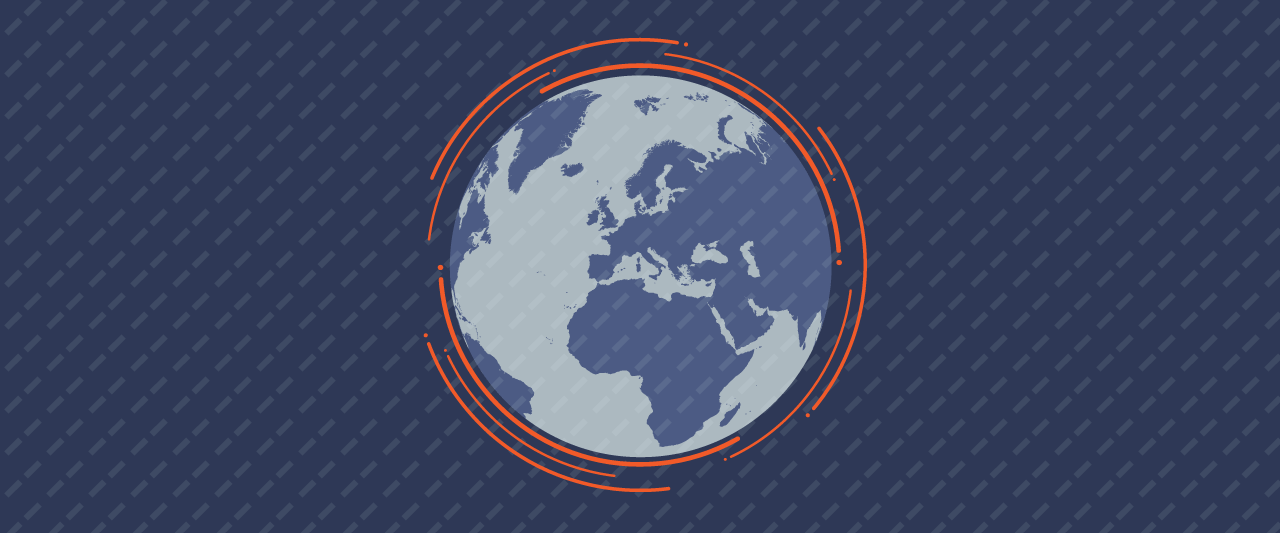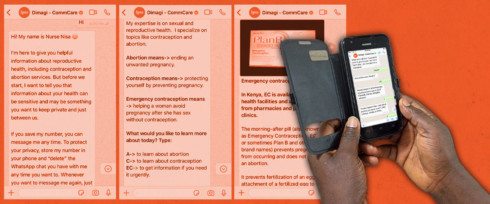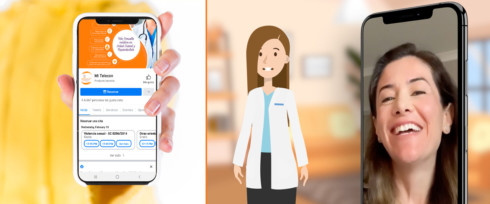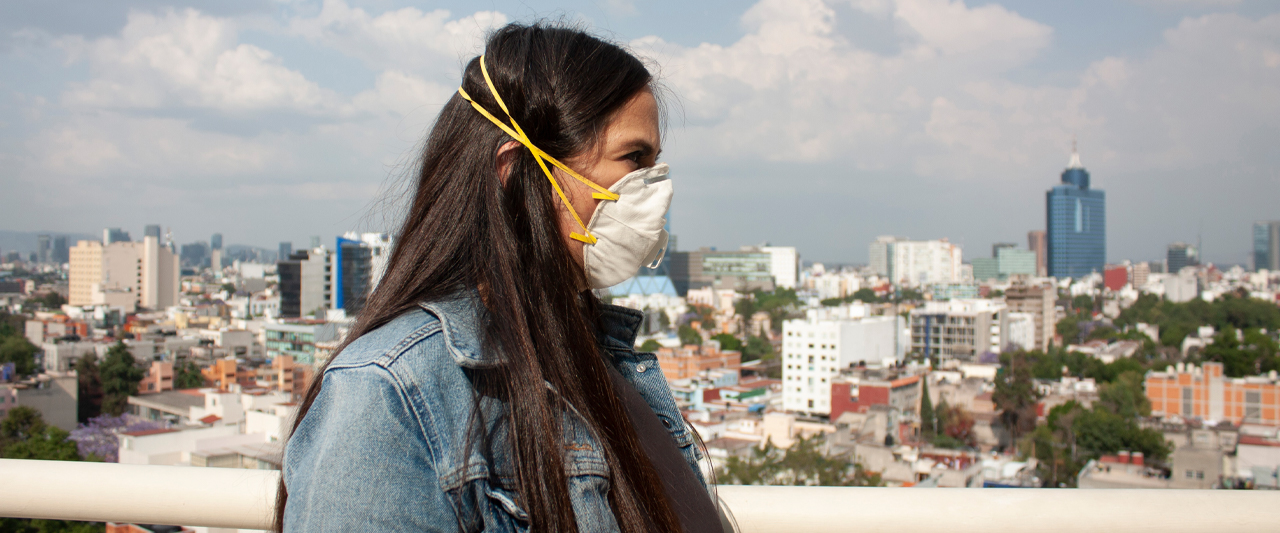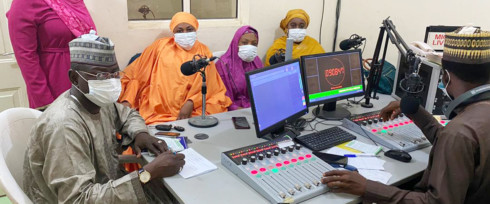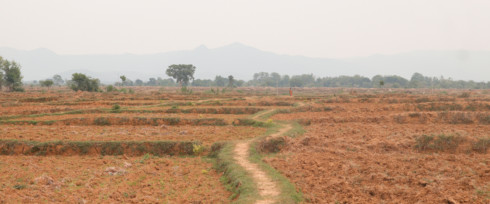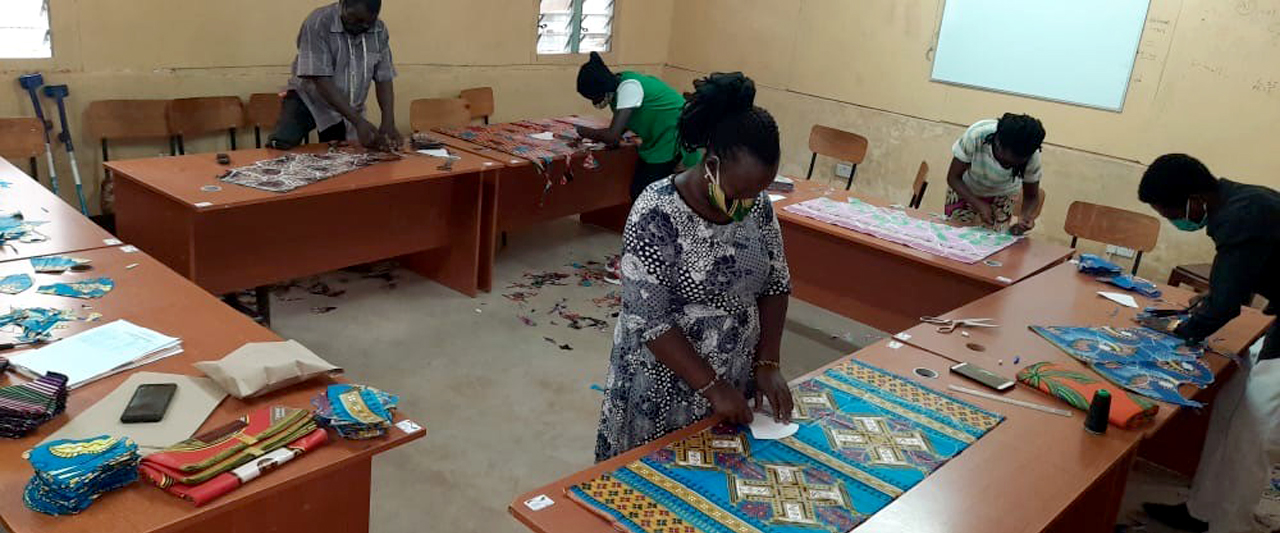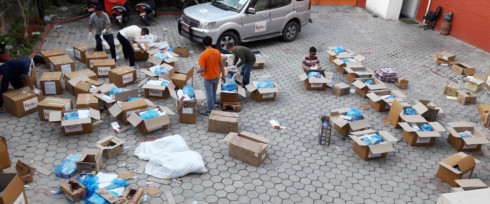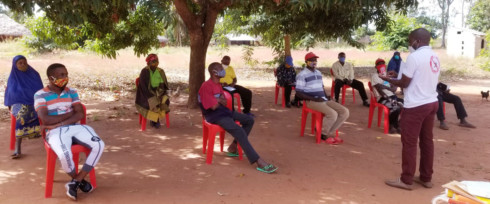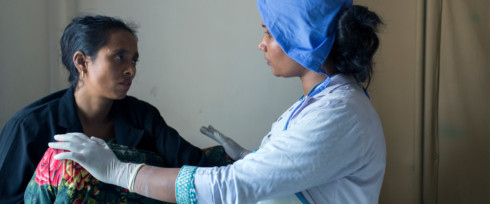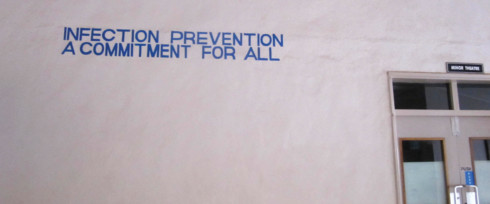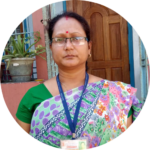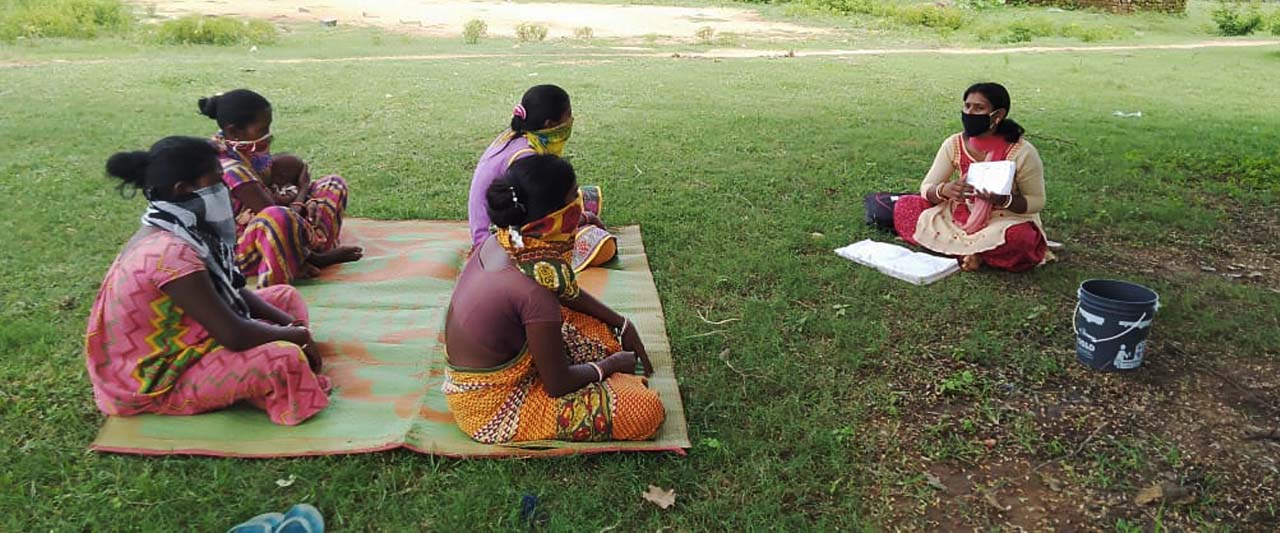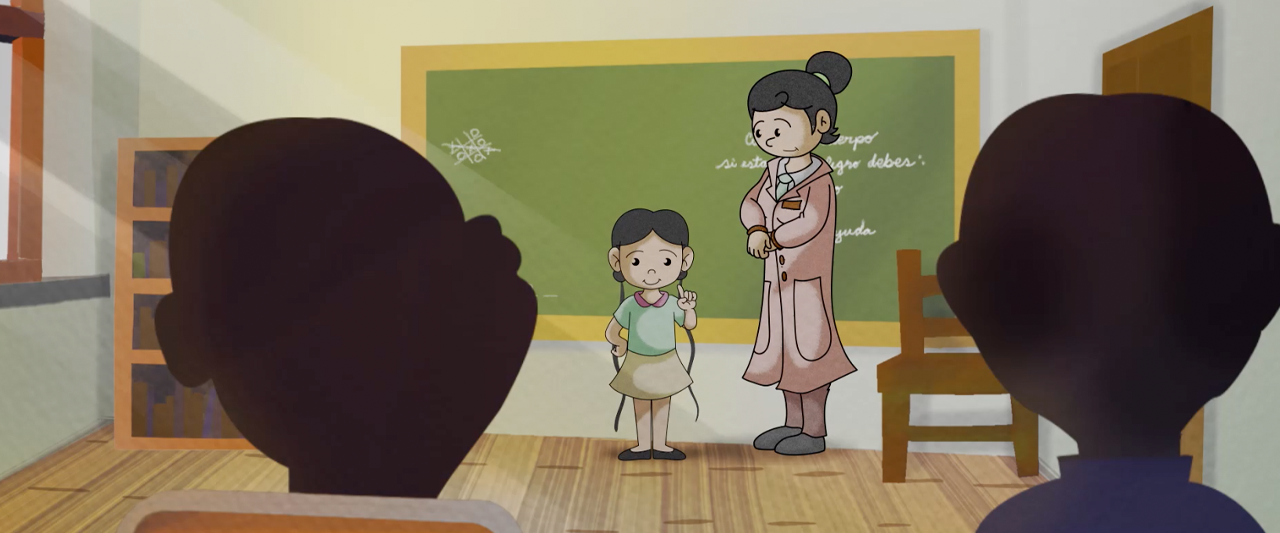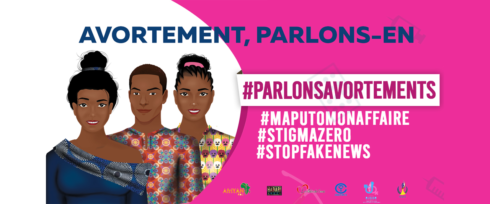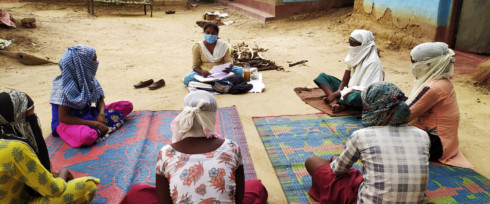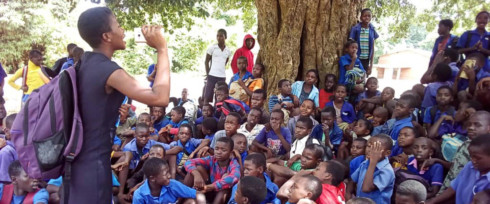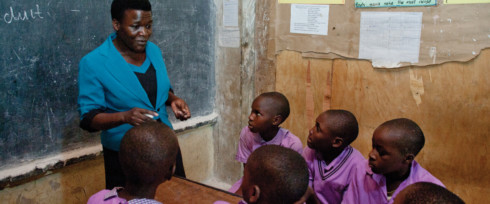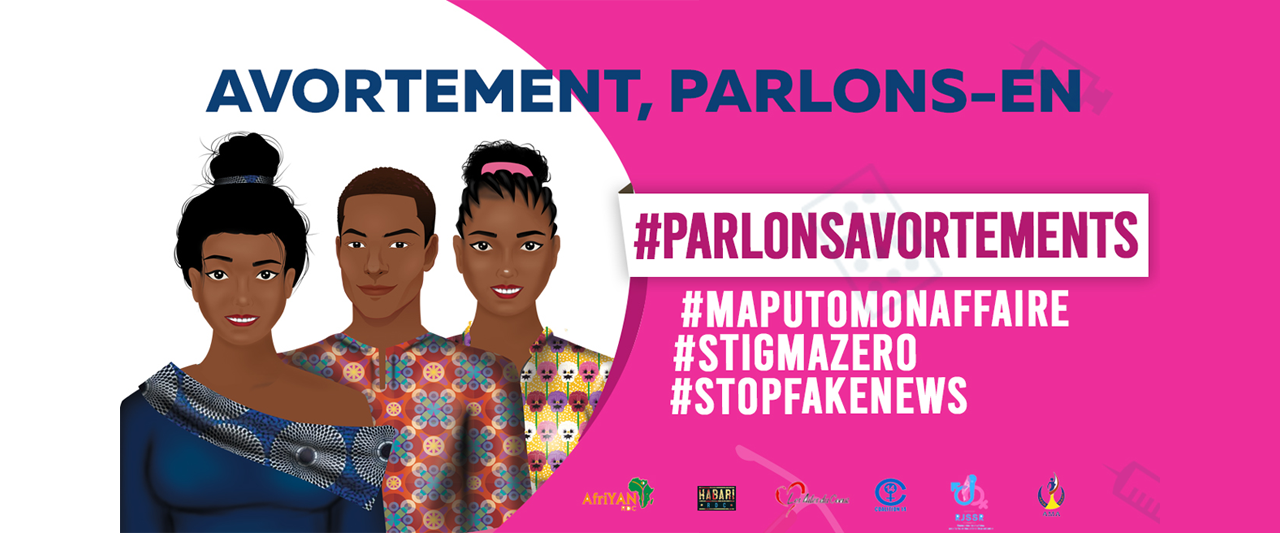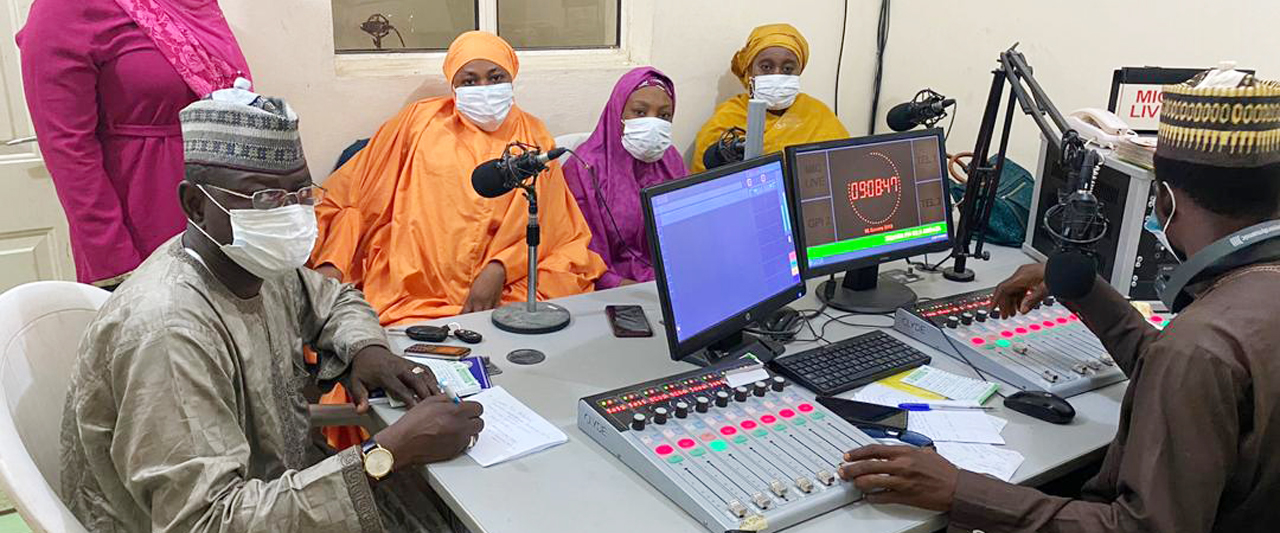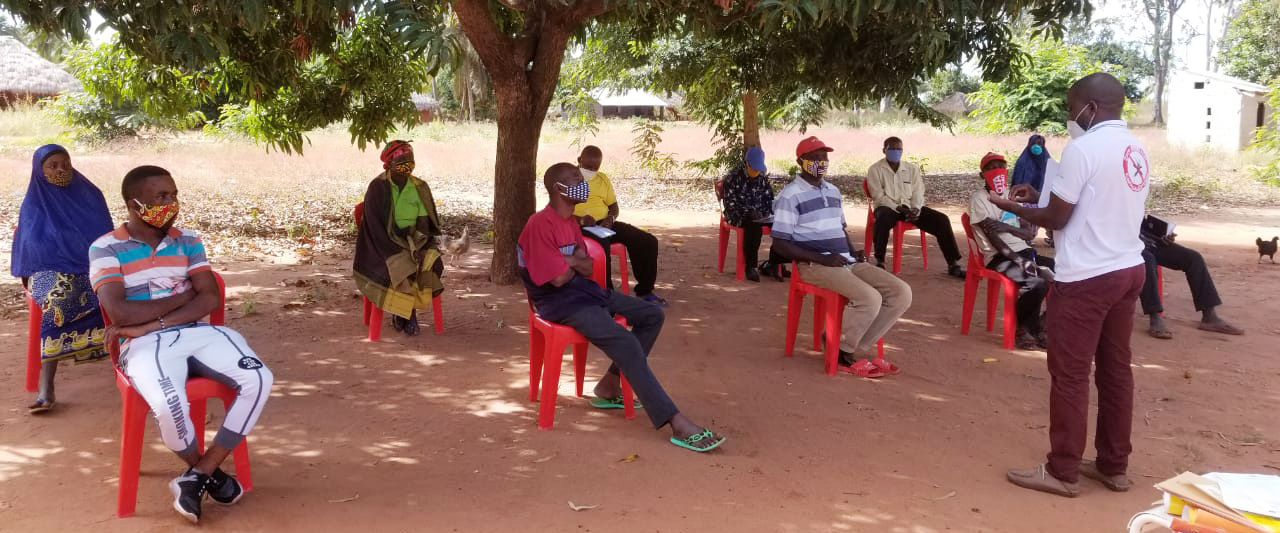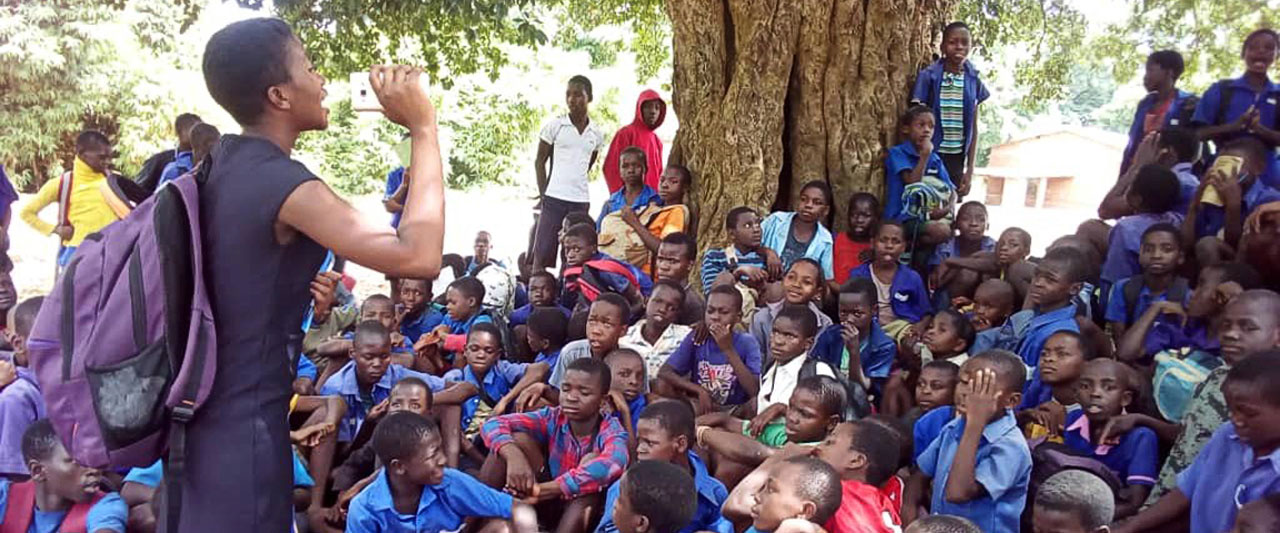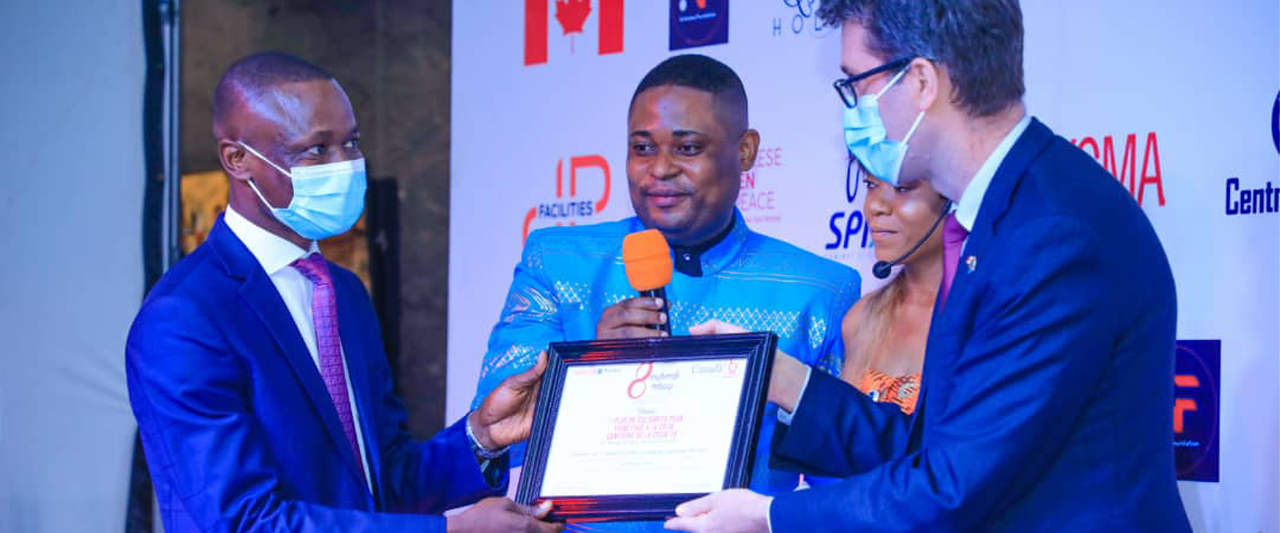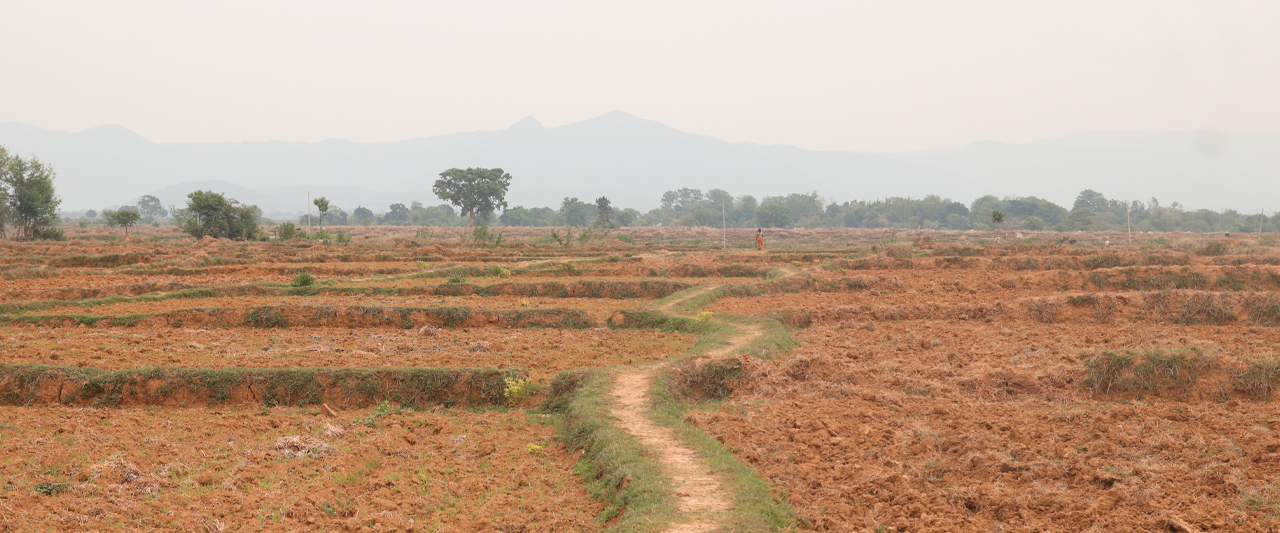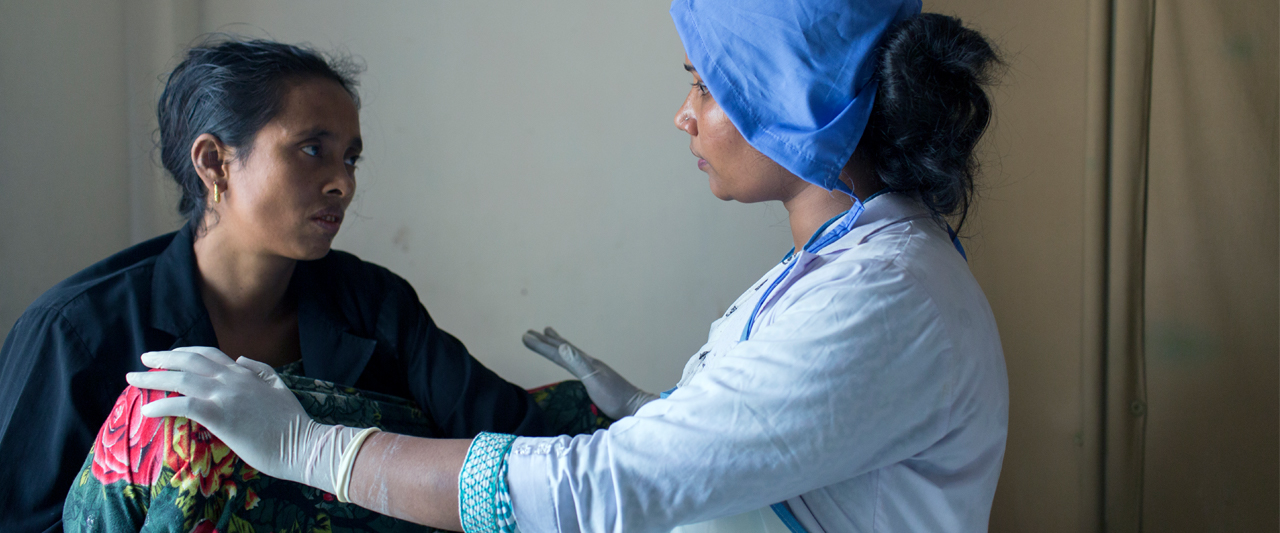The coronavirus pandemic has laid bare the gender, racial and economic inequities in health-care systems around the world that make it difficult for women, people of color, LGBTQ people and other marginalized groups to get the essential health care they need. These same structural inequities have long blocked equitable access to safe abortion care.
During the pandemic, Ipas is working to ensure that abortion and contraceptive care remain essential health services—and that all people can access them. We know that sexual and reproductive health care is often neglected or difficult to access during a crisis, and disrupted supply chains can reduce access to contraceptives and abortion supplies. All these factors can in turn drive more people to seek unsafe abortions that risk their health and lives. We can’t let that happen.
WHO, Ipas and partners call for expanded access to safe and legal abortion during pandemic
On International Safe Abortion Day (Sept. 28), the Human Reproduction Programme, based at the World Health Organization, and partners including Ipas, are putting “words into action to prevent unsafe abortion.” The combined efforts of partners at the global, regional and country level aim to promote successful strategies for ensuring essential health services, like abortion, and human rights. “Abortion is essential health care, particularly during Covid-19. With our partners, we can expand access to abortion services through telehealth solutions and abortion with pills,” says Dr. Ernest Nyamato, who leads Ipas’s Quality of Care team.
Make a difference
During the pandemic, Ipas is working to:
Expand women’s ability to access abortion without having to visit a health center, by building telehealth solutions and supporting women to self-manage abortion with pills
Ensure governments identify abortion as an essential health service
Give abortion providers the information, training and supplies they need—including personal protective equipment—to safely offer abortion and contraceptive care
Provide young people and communities with education on sexual and reproductive health
Telehealth and abortion with pills
With physical access to health centers severely limited in some settings during the pandemic, women need other ways to access abortion—such as telehealth services (which can refer for in-clinic care or provide abortion pills for home use) and self-management of abortion with pills. We’re working with partners to build telehealth programs and find innovative ways to reach women with the information and support they need to safely self-manage an abortion.
Abortion as an essential health service
As COVID-19 began its global spread, Ipas and partners in Africa, Asia and the Americas began calling on governments and health systems to designate abortion care as an essential health service. We continue this advocacy work, aiming to both protect and expand abortion access during the pandemic. We’re also advocating for better protections against sexual violence, which is on the rise during the pandemic, and better access to sexual and reproductive health care for victims of violence.
Information, training and supplies for abortion providers
We’re working to give health providers the information, training and supplies they need—including personal protective equipment (PPE)—so they can safely offer abortion and contraceptive care during the pandemic. Our solutions include websites and mobile apps with specially tailored resources for health professionals, online trainings on infection prevention for providersand facility staff, and deliveries of needed PPE and other supplies such as contraceptives.
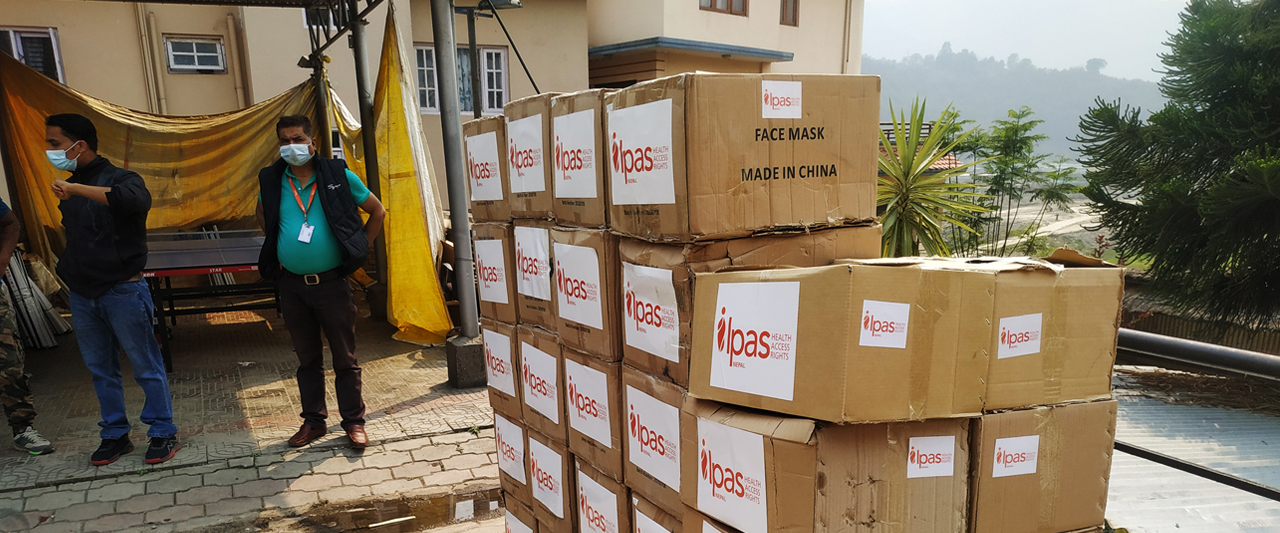
With COVID-19 surging, Ipas Nepal donates more PPE to health workers
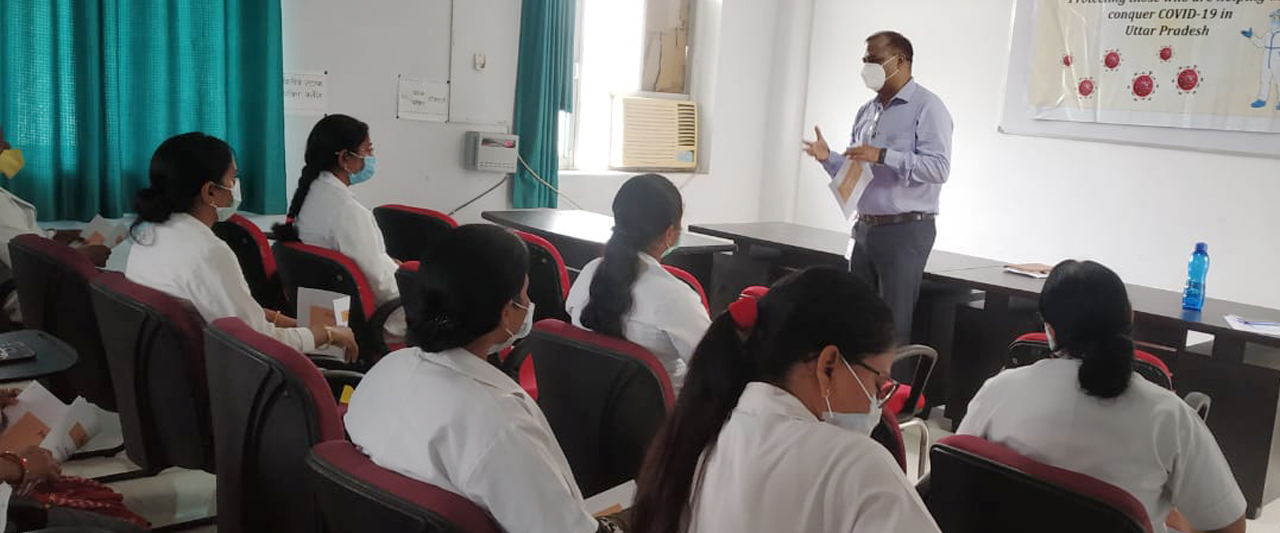
Ipas Development Foundation
In India, working to protect reproductive health and combat COVID-19
pas Development Foundation (IDF) in India is working to reduce the impact of the COVID-19 pandemic on the public health system, with efforts such as providing personal protective equipment and virtual trainings to health workers. “IDF is committed to keeping reproductive health on the national and state agendas and to strengthening partnerships to meaningfully improve the lives of women and girls across the country,” says IDF Chief Executive Officer Vinoj Manning in an article in The Good Sight.
Education on sexual and reproductive health
A major barrier facing women and girls who need abortion or contraception is a lack of basic information about sexual and reproductive health and how to access care. And right now, the pandemic is keeping millions of youth out of the classroom, where they would have received sexuality education. We’re working to reach young people and communities with essential health information so they’ll know how to access abortion care and contraception if needed.
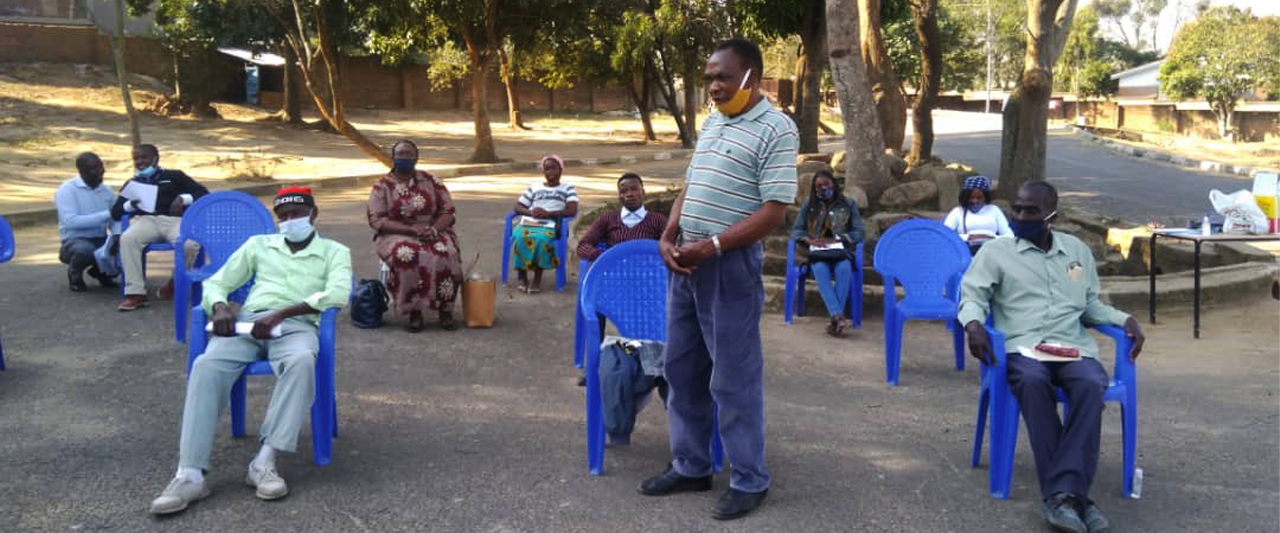
In Malawi, youth educators train chiefs to protect reproductive health during the pandemic
In Malawi, Ipas-trained youth educators on sexual and reproductive health and rights are meeting with chiefs (local community leaders) in Ndirande to help them understand how to prevent unintended pregnancies in their communities. The youth educators also work with them to protect sexual and reproductive health services as essential services that must continue during the COVID-19 pandemic. In parts of Malawi, unintended pregnancy and unsafe abortion among young people appears to be rising sharply due to COVID-19 and its impact on communities.
A youth-led call for abortion law reform
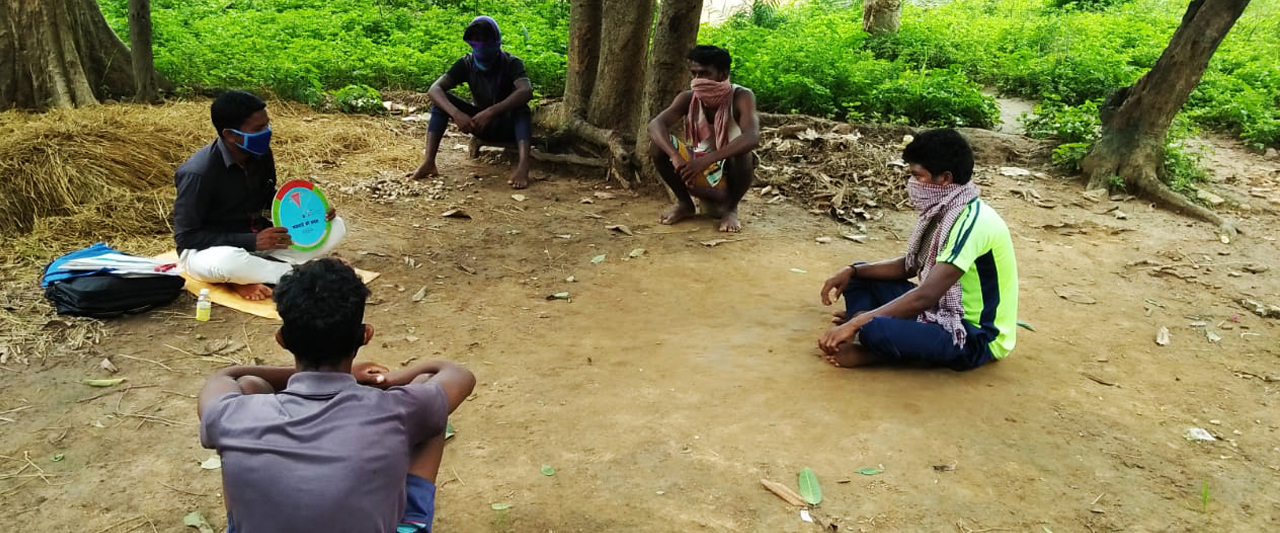
IDF
IDF
Youth leaders provide crucial reproductive health information during pandemic
“In this time of crisis, it is heartening for me to see that men are supportive of the reproductive health needs of their female family members and are approaching me for referrals,” says male youth leader Shashi Bhushan Soy.
Hear more from Shashi Bhushan Soy and from female youth leader Soni Karwa on IDF’s Facebook page.
Partnering to prevent unsafe abortion in the context of COVID-19
As part of our ongoing work to keep abortion and contraception care available during the COVID-19 crisis, Ipas is collaborating with the World Health Organization (WHO) and several global reproductive health organizations to prevent unsafe abortion and support women’s and girls’ health, rights and well-being during the pandemic.
“Sexual and reproductive health commodities and services are already limited in many settings and are becoming more difficult to access during COVID-19. It is important that we combine our efforts,” says Dr. Bela Ganatra of the WHO Department of Sexual and Reproductive Health and Research. One focus will be collaborating at global, regional and country levels to promote successful strategies such as telemedicine and self-managed abortion to ensure access to reproductive health care during the pandemic.
Explore Ipas’s work during the pandemic by region
Africa

Asia



